4 Surprising Reasons Your Children are Ungrateful
Most parents I know work hard to give their kids “the world.” This often results in an inundation with so. much. stuff. And I’m not only referring to physical toys and gifts but rather, all the different places they can go to be entertained and the fun things they get to experience. Financial status (at least here in the U.S.) doesn’t necessarily differentiate kids from having too much either as there are so many free resources like local city and library events and giveaways. And yet, children can seem so ungrateful.
This post contains affiliate links, see disclosure policy for details.
This can leave us feeling like we need to lecture them on how good they have it…with a PowerPoint and all! Telling stories about how we only had two Barbie Dolls and some craft kits instead of having a room full of toys. And only got to go to the zoo twice in our whole childhood instead of having the opportunity to go every weekend. Or how we had to walk to school uphill both ways. Ha!
But is that how we teach gratitude?
Do we tell our children that they are ungrateful or threaten to take away all of their toys and park passes? Does that help them see that they, in fact, have a pretty darn good life?
No, this actually doesn’t keep our kids from being ungrateful as lectures rarely do.
So what’s the big deal about gratitude anyway? Does it really matter if our child thanks us for all that we do and give to them?
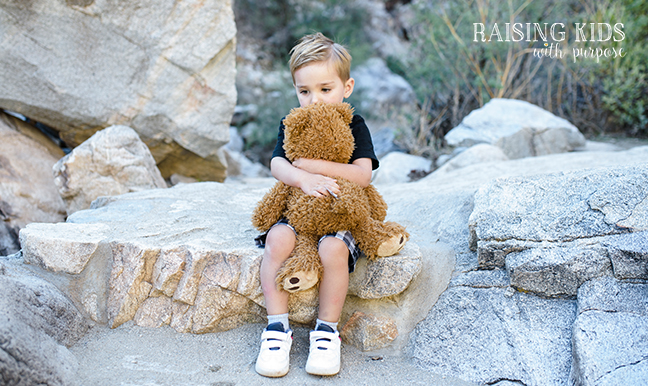
Table of Contents
Gratitude Matters
It’s important to look at all the reasons why our children are ungrateful so we can instill gratitude because it’s important to their well-being.
The mere act of thinking about what we are grateful for is beneficial for our psychological, emotional, and even physical health! We don’t have to even be thankful, instead, we only need to start thinking about it.
Seriously, right now, think about how grateful you are for each of your precious blessings. Simply reading that sentence alone can be beneficial.
Concrete and Connective Gratitude
Yes, raising grateful kids leads to good manners which are referred to as a concrete type of gratitude, but there are so many more health benefits when people reach connective gratitude!
According to PositivePsychology.com, ” {Connective gratitude} is a fully understood and appreciated receipt of whatever has been given. The appreciation is returned in a meaningful and heartfelt way, benefiting both the receiver and the giver. For gratitude to be an effective way to increase happiness, it must be felt, and connective gratitude is the key.”
There have been countless studies on the practice of being thankful. All have shown an increase in happiness, determination, focus, enthusiasm, and energy!
It’s important to note that teaching and practicing gratitude isn’t about comparing our situations to others who have it “worse.” As that has shown not to be as helpful. Instead, gratitude is about appreciating your life and all the things in it.
Our brains are not wired to focus on both negative and positive stimuli simultaneously.
It also falls back on the confirmation basis of looking for something the mind already knows to be true. Therefore, the more you acknowledge what you are thankful for, the more your brain looks for things to be thankful for. And remember, this feeling of gratitude leads to a whole slew of positive things in due time!

The Benefits of Being Grateful
My focus in this post is about our children but being grateful has the same impact if not more on us!
- Expressing gratitude can increase oxytocin in the brain which promotes empathy, relaxation, generosity, calmness, trust, attachment, intimacy, and a sense of safety. It also reduces the stress hormone which in turn, reduces anxiety.
- Thinking about what we are thankful for can redirect our attention from toxic emotions such as resentment, regret, and bitterness.
- Grateful kids often grow up to be emotionally, physically, and socially successful.
- Kids who can look at their lives and be thankful for what they have often have decreased levels of depression, envy, and materialism.
- Thankful kids can recognize the goodness in their life which helps them feel more connected and loved.
- Appreciation leads to generosity. Studies show that the more grateful a person is, the more likely he or she is to give to others.
- Acknowledging gratitude fosters strong relationships.
- It can train the brain to be more sensitive to other people over time which then leads to… an improved life and overall mental health!
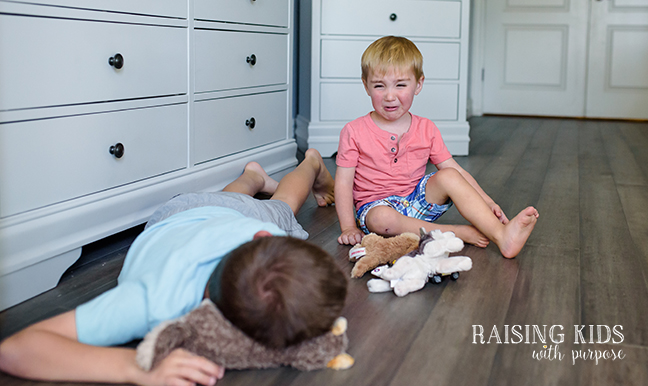
The Surprising Reasons Children Are Ungrateful
Figuring out why children are ungrateful is important to understand so we can make a change.
Developmentally, kids can typically understand gratitude starting between the ages of four and six. Besides development, there are other reasons why kids may keep asking for more, not say thank you, can’t see the good or have an ungrateful attitude when something nice is given or done for them.
One of the most common reasons can accidentally be brought on by us, their parents. Gasp! And there can be a few other things as play, as well.
1. Entitlement
I found this definition of entitlement, which is quite fitting for looking at why children are ungrateful: “An unrealistic, unmerited or inappropriate expectation of favorable living conditions and favorable treatment at the hands of others.”
The culprit can be giving a child everything they want when they want it.
A book I highly recommend on this issue is “The Me, Me, Me Epidemic” by Amy McCready. She says, “The entitlement epidemic usually begins with over-parenting—over-indulging, over-protecting, over-pampering, over-praising, and jumping through hoops to meet kids’ endless demands,”
Read More: Why Praise Doesn’t Work to Motivate Kids and What We Can Do Instead. As a bonus, by signing up for my newsletter, you will receive a Free Printable that helps you stop over-praising your children by giving you ways to encourage them through their strengths.
We want our kids to be happy so we unintentionally start to mow down every object in their way or hover over them to ensure they never fail.
All people, young and old, learn through making mistakes!
If we don’t ever allow our kids to experience failure, they will start to form unrealistic expectations about the world around them.
I also want to note that kids can feel entitled even without over-parenting. When looking at the psychology of entitlement, it can actually be a coping mechanism.
A child who has a lot less than his or her peers may start to feel entitled to have all of those things. Lastly, it can also be filling a compelling need to feel admired or have an excessive sense of self-importance. This can result in feeling like they are better than others. Narcissism can be the culprit but thankfully, there are ways to overcome that too!
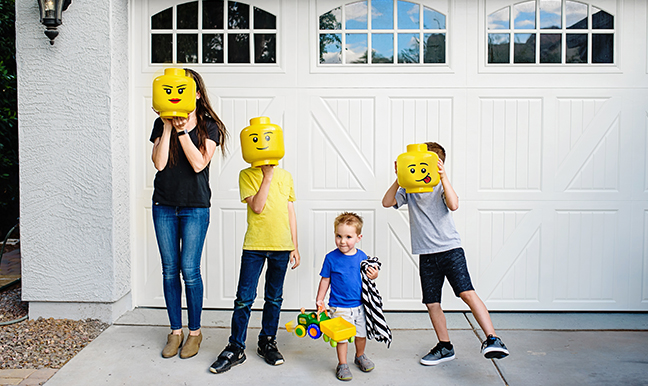
Signs of Entitlement:
It’s important to acknowledge if our child has or is starting to have an entitlement problem.
The first step is awareness.
This could be something that can cause you to feel guilt or shame, but don’t! It already happened so let’s look at what we can do about it! Instead, look forward and think about how much you are going to help your child by getting him or her off of the entitlement train now!
Signs that a child is becoming or is entitled:
- Will only do something if he will be receiving some kind of reward or bribe.
- Never feels like she has enough, but instead, is constantly wanting more.
- Doesn’t help anyone else and only thinks of him or herself.
- Acts as if rules are only for others.
- Expects that someone will come to his rescue anytime he is in trouble or needs help.
- Can’t go shopping without whining to the point where you give in to buy whatever it is that she wants.
- Doesn’t take the blame even if a problem is his fault.
- Is unable to handle any kind of disappointment.
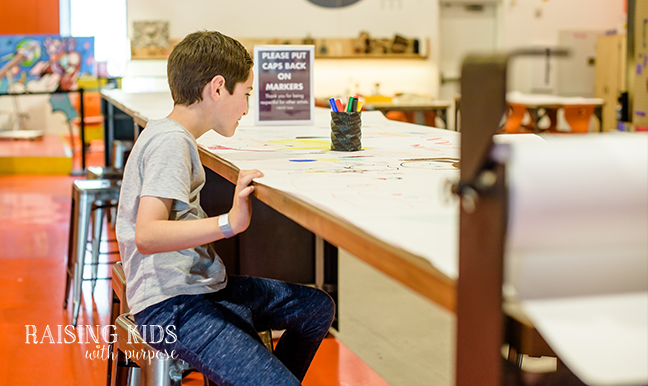
2. Living in a Bubble
Another reason children can be ungrateful is that they don’t have any experience to compare life to.
When children are little, it’s great to encourage them to donate toys or backpacks to others in need. However, unless they can get a firsthand experience of what it’s like to live in that way, the lesson can be lost.
Yes, the world can be a scary and sad place, but it’s when we become gloriously broken and see how we can spread joy and goodness in the world, that we truly experience what life is meant to be.
The Benefits of Volunteering For Kids:
- Volunteering builds a sense of empathy and compassion. Kids tend to connect with and build empathy for those they can relate to. Thinking about others can change one’s perspective on his or her own life.
- It can shape their lives to look at the greater good.
- Helping others can give your child a sense of purpose and personal satisfaction leading to more happiness.
- It can promote collaboration and teamwork. This, in turn, can help a child become more grateful for the people they have supporting them and who or what they are serving.
- It can help kids acknowledge how grateful they are for their parents and family.
- Lastly, volunteering opens kids’ eyes to a world other than their own.
To fully receive all that volunteering offers in opening a child’s eyes to a different perspective, reflect afterward. Start a conversation about the impact he or she made and vice versa. Get your child thinking by asking open-ended questions about the experience.
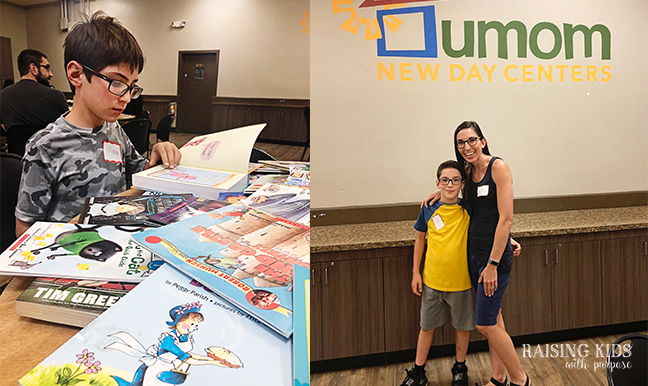
3. Exchange Relationship
Understanding this concept has totally opened my eyes to look differently at what I thought was ungratefulness.
There are many studies on kids receiving rewards or gifts and a sense of gratitude.
One study done at Yale found that kids ages 4-8 years old were less likely to feel a deep sense of gratitude if they thought they earned a reward or gift because it was expected. The kids also had no desire to give to others. Researchers describe what looks like ungratefulness as actually an “exchange relationship.“
Whereas, when the children were randomly given the reward out of pure generosity by the giver, there was a greater emotional impact. This deeper sense of gratitude caused the kids to be intrinsically motivated to give to others.
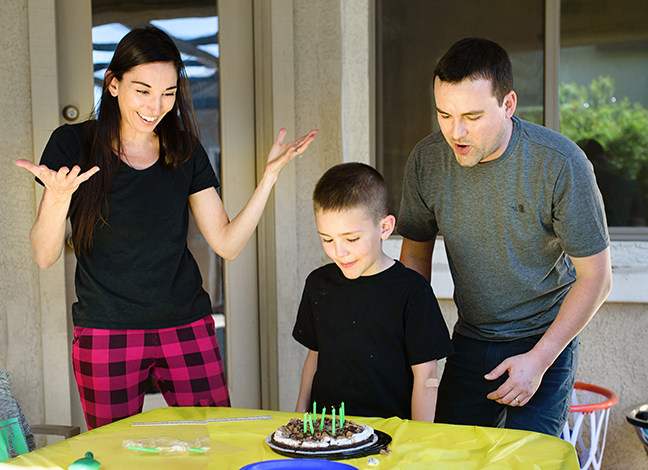
Think about gifts that are given to your kids that are expected such as Christmas and birthdays. During the summer, you may go to special fun places like the Children’s Museum, Science Center, or waterpark. You take time, effort, and money into giving something really special to your child. However, they may see it as an exchange relationship because getting gifts and going places during these times is expected. Therefore, it’s natural for your children to not be as emotionally impacted as they would be if you surprised them with a trip to their favorite froyo place.
A perfect example of this is how my son reacted after receiving some gifts from his grandma. For his birthday, she got him a Lego set he loved. His reaction, though, was very, “meh.” He was appreciative but he didn’t express much gratitude. Then recently, she surprised him with a few pairs of new pajamas. He acted as if he just won the lottery he was so excited. Over PAJAMAS!
Learning about this concept of exchange relationship helped me see he wasn’t ungrateful for the birthday present, he just wasn’t as emotionally impacted because it was expected.
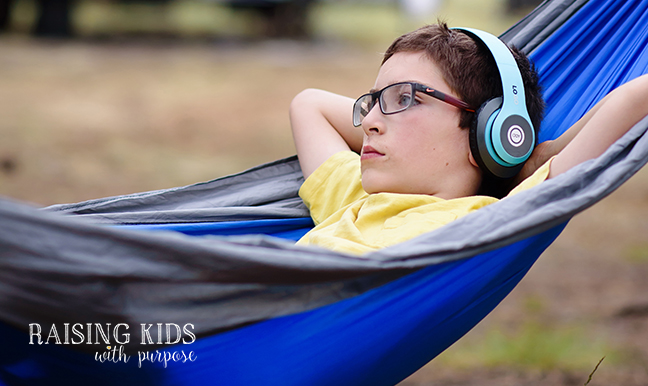
4. Need for Autonomy
This one really surprised me! Your children can seem like they are ungrateful by not thanking you for something because they need autonomy. The study I found was done on teenagers, but I see this as being a reason for my adolescent son as well.
Teenhood is a time when adulthood is knocking on the door! This population is mentally preparing for the departure from their life away from you.
In Pro Bronson’s book, Nurture Shock, he says, “For kids with a strong need for autonomy and independence, it might be demoralizing to recognize how much they are dependent upon grownups.” “Their sense of independence might be an illusion, but it’s a necessary illusion for the psychological balance and future growth into genuine independence. Their lack of gratitude might be the way they maintain the illusion that they are in control of their own lives.”
This is a good thing to keep in mind when we think our children are ungrateful ________________ (you fill in the blank…I prefer to call them turkeys. Ha!).
Bonus! Not sure what your kids are capable of doing? Sign up for my newsletter and receive a Free Skills By Age Printable!
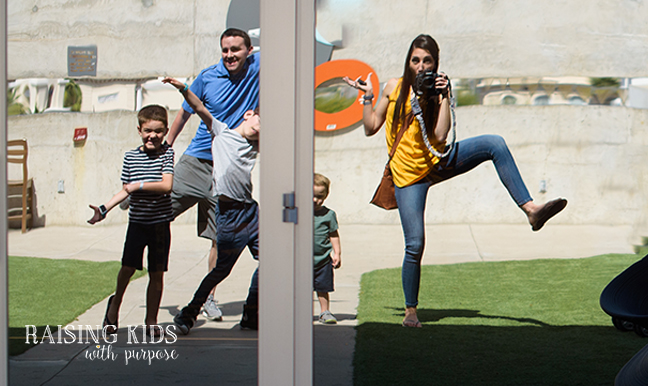
Reframe Your Response
Next time you give your child a gift and they throw it to the side wanting more, stop and think why they are having that reaction.
Is it because they are entitled, they don’t have anything to compare it to, that the gift is expected or that they are fighting for autonomy?
Instead of jumping to telling your kids how ungrateful they are, focus on teaching them how to be grateful. Work on reaching that connective state of gratitude which will have a lifelong impact on their lives.
Are Your Children Ungrateful?
Do your kids fall into any of these categories when they forget to thank you or show appreciation? Comment below!









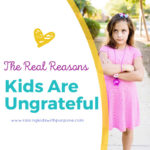


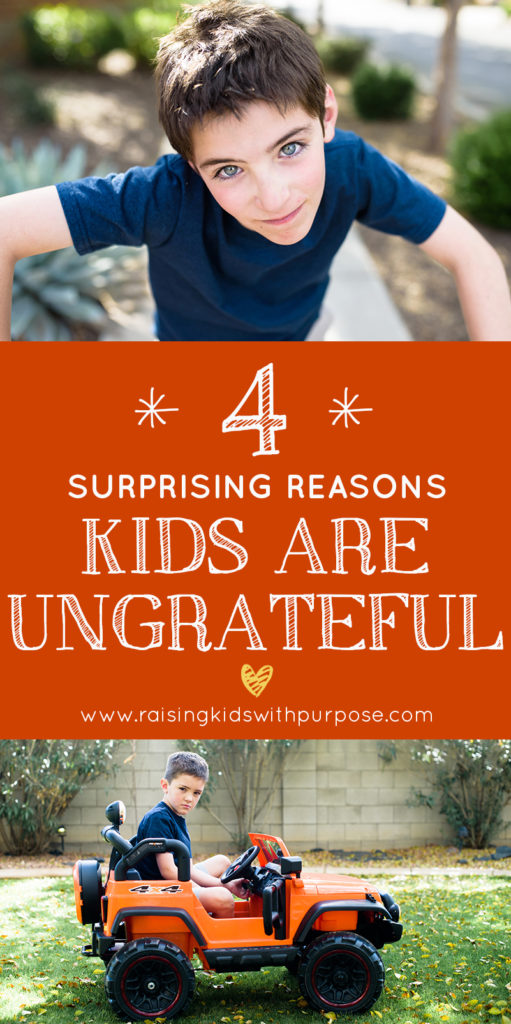
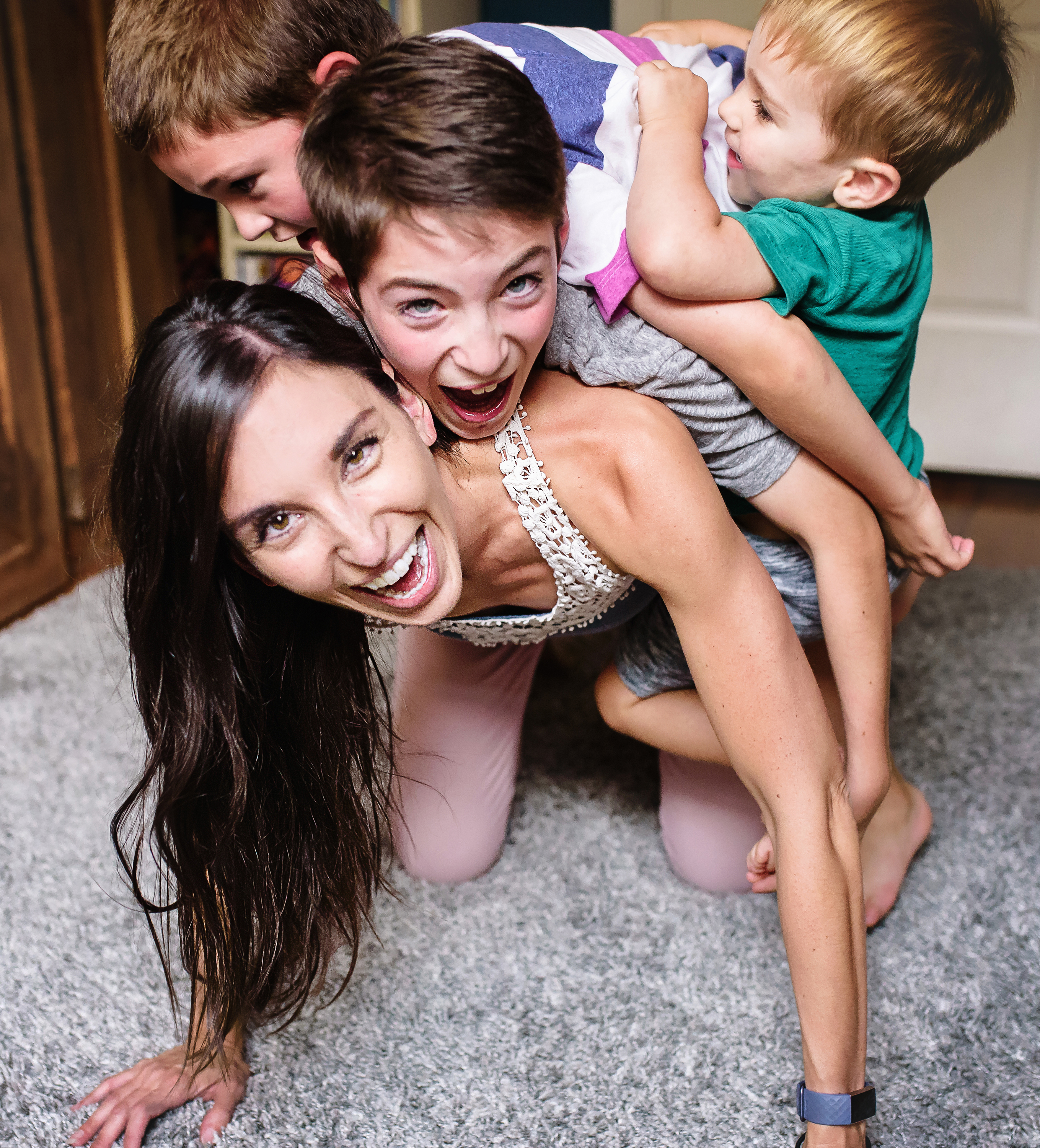
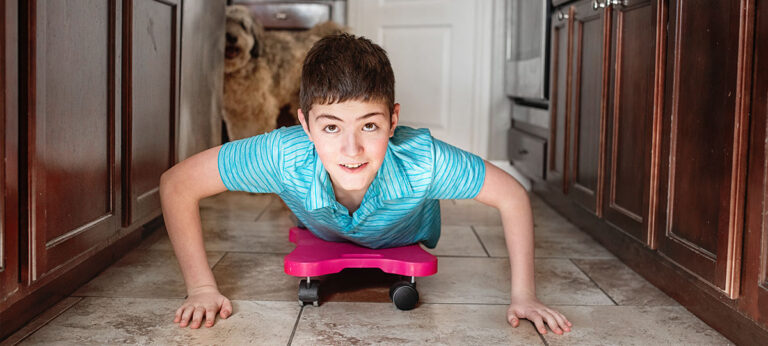
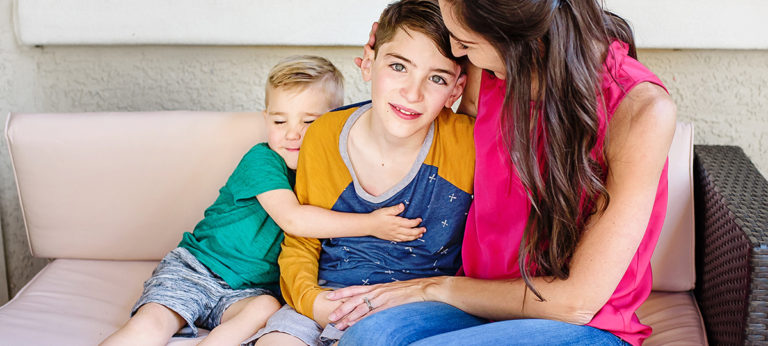
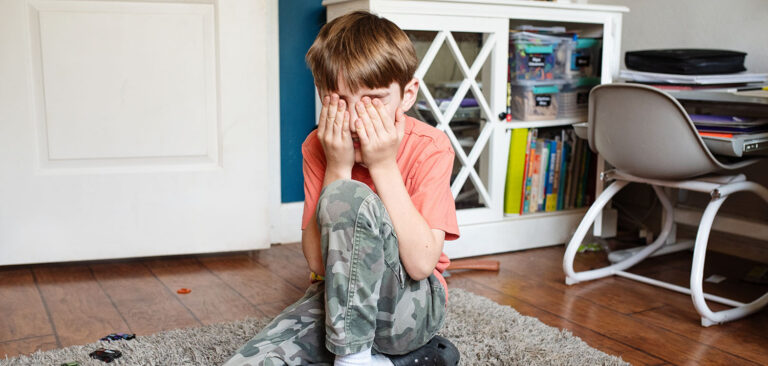
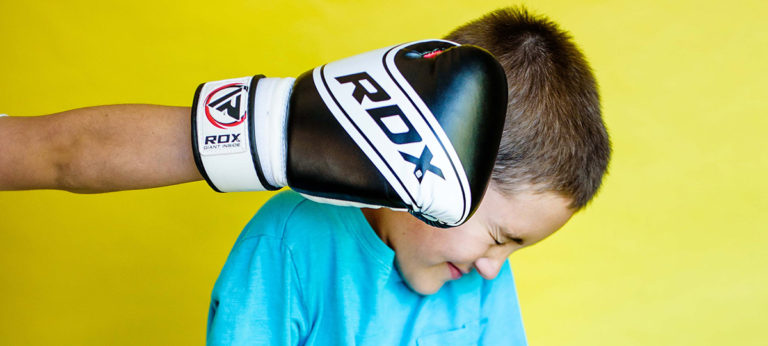
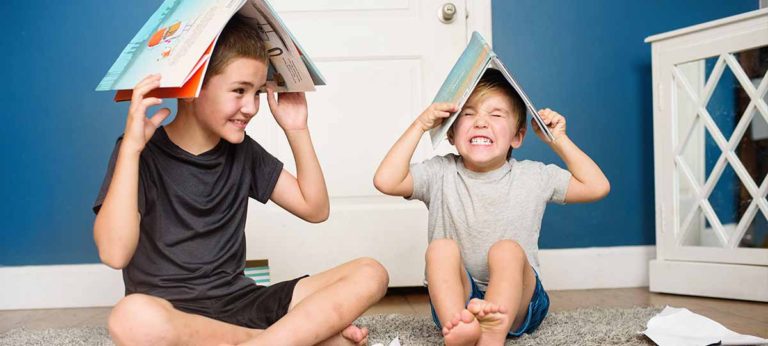

I have never heard the idea of an exchange relationship before, very interesting! Thanks for sharing the information.
I hadn’t either but it makes so much sense! You are very welcome!
Entitlement is a huge red flag!Its so hard with toddlers because they are so used to getting everything they want as babies
That’s such a good point!
One of my children is having a difficult time with gratitude. He’s the middle child and this year has been the hardest for him! I’ll have to read this a few times to try to help him!
awe! I’m going to be posting on how to teach gratitude soon too! Hope it helps! So happy to hear this 🙂
Great read, I agree many of these are reasons many kids tend to be ungrateful. We like to spoil our children a bit, but from a young age we’ve taught them that not everyone has the same opportunities, lives or things that we do. When our children out grown their clothing and toys that are still in like new condition we look for a family to give them to that needs them. And during the holidays, we help by donating to those in need and try to “adopt” a child in need if we can.
I love this so much! I was JUST talking to my son tonight about even how homework is something to be grateful for because of the opportunity he has that so many kids in this world do not. He’s our very empathic kiddo so he really gets it and it’s sweet to hear him process it all.
I love this. I don’t have any of my own kids, but I am an auntie and I am sad to see so many young kiddos showing those signs of entitlement. I hope that I can remember the tips in your blog when it’s my turn to be a parent. Hopefully going to be growing hearts full of gratitude!
There is just nothing sweeter than a little one who is genuinely appreciative of what they have!
Awe what a sweet comment. There is nothing sweeter! And thankfully it can be taught!
These are all really great tips and helpful information to raise better children and to be more grateful.
Thank you!
What a great post. Our boys are very little (3.5yo and 1yo) and we worry about them growing up feeling entitled. We keep thinking about ways to ensure that they don’t feel entitled without needing to restrict their toys and activities.
We don’t have to restrict but doing things like a toy rotation can be super helpful. And they tend to play with their toys more when they have less! I highly recommend, “The Me, Me, Me Epidemic”! She has great “unentitler” tools that would be great to implement even when your kiddos are super young
I think my kids struggle with managing expectations. They are grateful for things, they just wish they got something different.
hmmm that is definitely something to think about as well! I don’t notice my kids doing that but I have with others for sure. I wonder how we mitigate that? Thanks for sharing!
Excellent post. Some really actionable tips here that I will reflect on. The exchange relationship sounds very familiar with my children
Thank you! For us too!
Wonderful post! I feel that most behaviors are learned from observation and those around us and children observe way more than we imagine. I believe that also having a parent that shows gratitude is just as important when trying to teach it.
AS they say, “they’re little sponges!”
WOW! Very insightful! I am raising 4 kids in this naturally ungrateful society and it’s incredibly difficult. I learned a lot about the technical side of why some kids are naturally ungrateful. Knowing these things gives a great source of how to navigate their minds and behaviors away from raising kids who end up being ungrateful adults. Thank you for doing the research and sharing these tools and resources.
Thank you so much. It’s good to know all sides and not just assume that their unkind and entitled!
I feel like this is a constant struggle, especially with all the chore charts out there that reward kids just for helping around the house. It’s hard to raise a humble child, but I love seeing Ocean grow daily with this.
Exactly! And rewards do not work. Maybe very very temporarily to jump start motivation but it just increases entitlement. Kids will become instrinsically motivated if you let them!
You make some great points in your post. I am going to start looking for opportunities for my boys to serve others. I’ve also had to talk to certain family members who buy my boys anything and everything they want. I know they are somewhat entitled because they expect me to get them everything they want and they throw a fit when I don’t. It’s hard to raise grateful kids but it is definitely possible.
we have the same problem since we’re 2500 miles away from family. The grandparents used to be really bad but we have encouraged them to give experiences and money towards camps or memberships instead. That has helped minimize all the “stuff” a ton!
Our little guy is definitely entitled. We are slowly breaking him if that entitlement feeling. It’s definitely rough!
It is tough but it’ll be so good for him (and for the people in his life 😉 )!
I had never thought about the exchange relationship before. That’s very interesting!
right?!
Love this! I feel like as a mom it can be easy to let some bad behaviors slip by because we have so much to juggle but this one is so important!
Agreed 🙂 Thank you!
Thankis for sharing this. I was very enlightened byt his post. Sharing it with my group and page.
Thank you!
I needed to read this! Some great tips on how to instill gratefulness in my son!
I’m so happy to hear!
So many good points here. Now that my kids are older, I think it is easier to expose them to situations of people in need, like being able to volunteer in a soup kitchen. Definitely a good reminder to foster a grateful attitude!
It’s so much easier when they’re older. Thankfully, I have found some nonprofits that allow kids as young as four or five!
I love this post. I often wonder if my kiddos still need lessons in gratitude – and honestly, they will always need constant reminders to be grateful. We all do. I am definitely guilty of overparenting and I am trying to work hard in that arena. We are constantly working on exposing my kids to opportunities of empathy and thinking of others through our language, modelling, and teaching with delayed gratification. When my daughter was younger, it was easier to give in, and I’m seeing now how important it is to be more intentional with how I teach her the value of things and experiences.
Thank you for sharing your experience. It’s so important more than ever with this me, me, me society we live in. A book I highly recommend is The Gift of Failure by Jessica Lahey! That has really helped transform my parenting.
Great info!! I will bookmark this article for sure 🙂
thanks!
Sometimes I wonder if we are giving too much to our son since he did without so much to start. Ughh this is the hard part of parenting.
It is amazing how more grateful they are with less though. And I know I am too! It is hard especially with the pressures of society but I believe in you <3
Having children that are ungrateful is something that no one wants , am sure . This was a great post and there’s alot to be learnt , but what would you recommend for parents that are dealing with children that might be periodically showing signs of being ungrateful and does television also have a big impact on their behavior towards parents
I have a whole post on how to raise grateful children here: https://www.raisingkidswithpurpose.com/raising-grateful-kids . And yes, I’m sure television can really impact gratitude. Our children are exposed to so much advertising that it can be hard to fight against that. We don’t really watch TV in our house so we don’t fight that battle 🙂
I want to abolish the use of the term well-adjusted when referring to kids. Adjusted to what? I am not commenting on the advise, mind you! (I tis sound advise!) Just that term, which I used to happily throw in reports and comments when I was a teacher. I argue that kids will adjust to pretty much anything. There are kids who are well-adjusted to domestic violence, abuse, war and the like. I advocate for the much more positive and worth seeking term GROUNDED . What do you think?
Thank you for your input 🙂
The exchange relationship concept was eye-opening and makes so much sense. I’ve got three boys, too, and I feel like we’re raising amazing kids but sometimes those ungrateful and entitled attitudes flare and I’m really struggling on how to curb it. Thanks for the post.
It has been very eye-opening for me too!
I really enjoyed this article also! I know for me, it was being a single parent and feeling guilty for the father not being there and having to work FT so not being there for my daughter myself that allowed me the sense of “entitlement” to give my daughter everything I possibly could. I thought I was making her “happy” but instead I was creating entitlement and I see now that it was the “connecting” and spending TIME with me that she craved most. My daughter now has an 8 year old who also doesn’t have her father in the picture and i see my daughter using those “guilt” feelings for1) not only the father being absent, but also 2) her own ways that she comes up short as a parent (which I also did). I see how this has created entitlement in my daughter and granddaughter. They are both so sweet and loving with huge hearts but also have expectation issues. So thank you for opening my eyes to the points you made. Another thing that had struck me is that we had no purpose and did not get outside our own world to see how others lived either better or worse. I had severe depression as my daughter grew so she was “alone” most of the time – even when I wasn’t working. She is already a much more mindful and better and healthier parent to my granddaughter than i was for her. I am so proud of her!!! Could you send more info on the “purpose” part? I am very interested in this aspect.
Thank you again,
~MJ